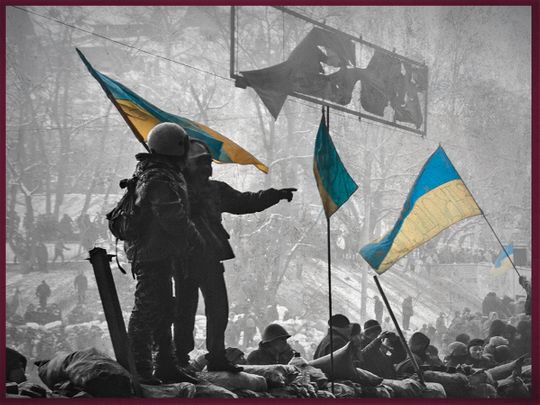
As the world looks for ways to end the Ukraine conflict, already in its fourth month, the past two days saw the United States and the European Union taking decisions, purportedly aimed at ‘punishing’ Russia, that will only escalate the conflict, and widen its scope.
Just few days after he said Ukraine would not be provided with missiles that could be used to hit Russia, US President Joe Biden said Washington will in fact give Ukraine advanced rocket systems and other US weaponry “to better hit targets”.
According to US officials, the system includes missiles that will allow Ukrainians “to strike locations as far as 80 kilometres away.” In other words, offensive rockets that can hit locations inside Russia. The US and its allies have maintained in the past four months that Ukraine will only get defensive arms that help the embattled nation to defend itself. The new US military aid is a serious shift in policy that will not sit very well in Moscow. Russia will likely interpret this move as an escalation that it would have no choice but to respond to — taking a harder attitude and potentially leading to further escalation in the conflict.
Moscow may look with a similar view to the EU move to ban Russian oil, another escalatory move that is aimed at choking Russian oil exports in the hope that would eventually bankrupt the coffers that Europe says finance the military operation in Ukraine. Although the EU’s package of sanctions will not be kicking in until the year-end, it will however signal a greater aggressive engagement by Europe in the conflict.
According to the EU leaders’ summit, they agreed “in principle to cut 90 per cent of oil imports from Russia by the end of 2022”, thus ending weeks of speculations about the EU’s toughest sanctions on Moscow since the war began in the last week of February. Imports of Russian crude will be phased out in over six months. The boycott exempts pipeline oil from Russia as a concession to Hungary, Slovakia and Czech Republic, landlocked nations that cannot receive oil from other sources by sea like the others.
The new Western moves are unfortunate. They go directly against the declared goal of seeking an end to the war that has left nearly 4,000 dead, according to the United Nations, and forced more than 14 million people to flee their homes. It is hoped that Russia, the US and the EU adopt a rational stance in a conflict that threatens to turn, because of these increasingly aggressive moves, into another global war.





